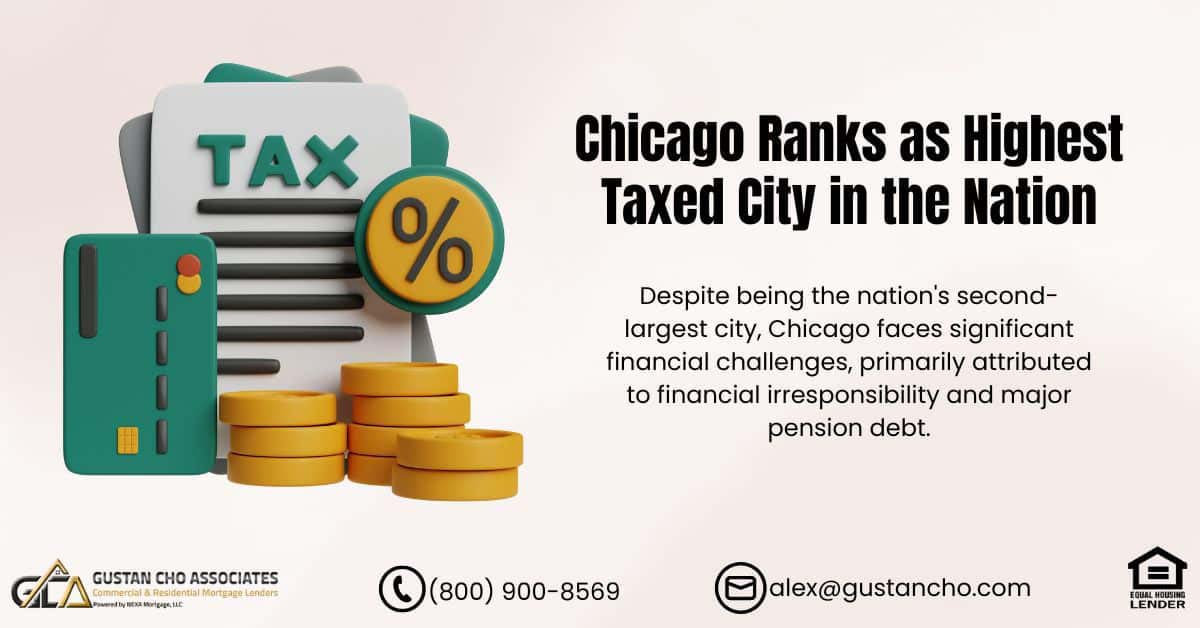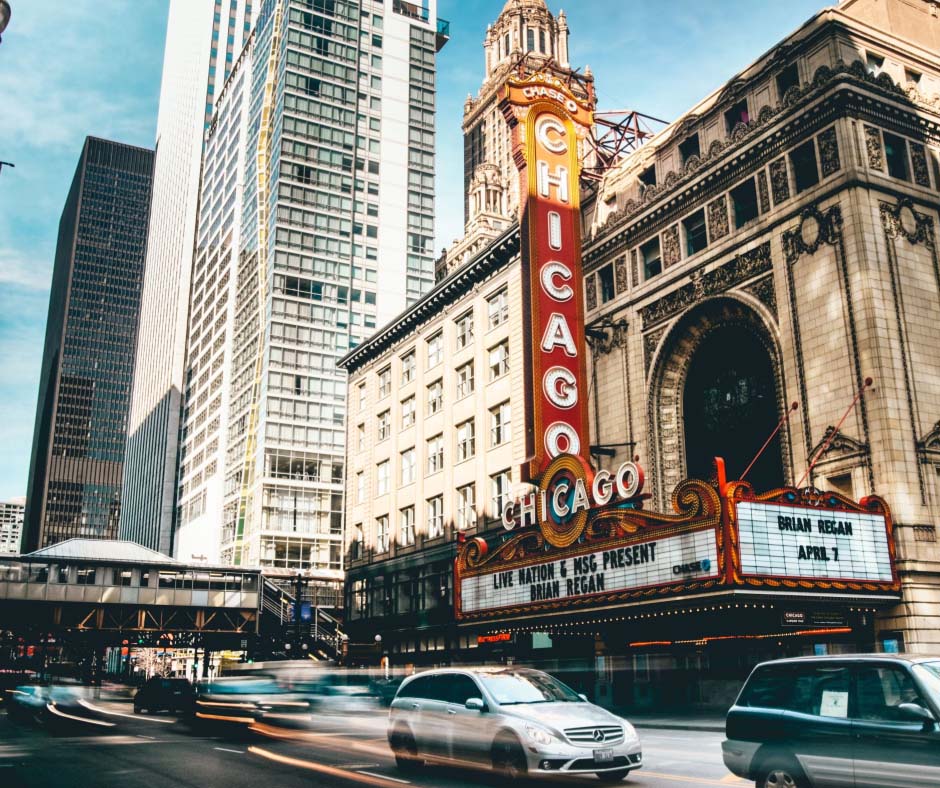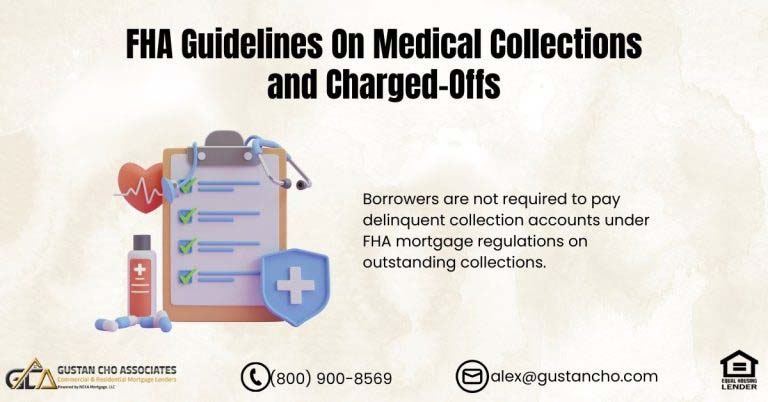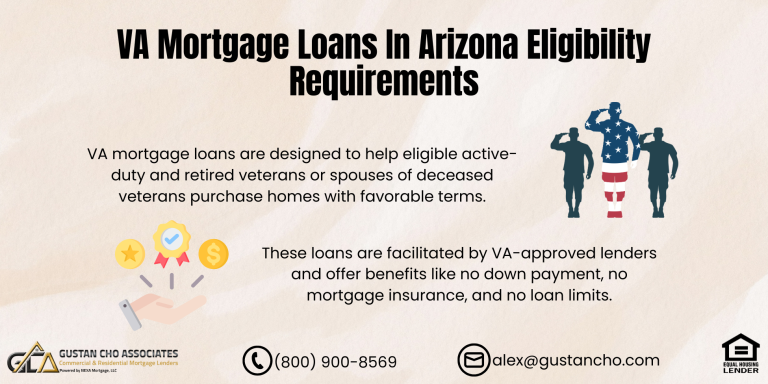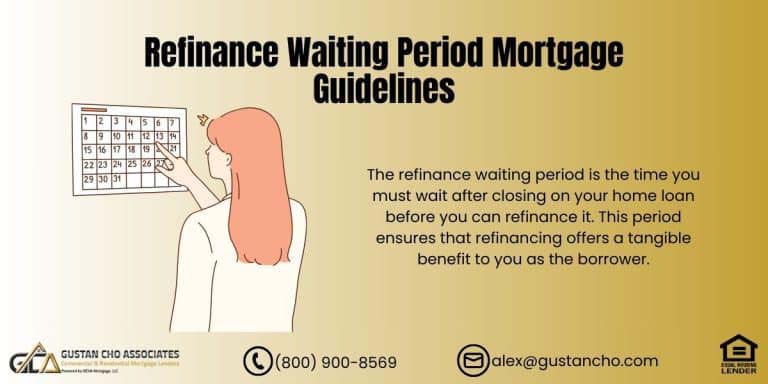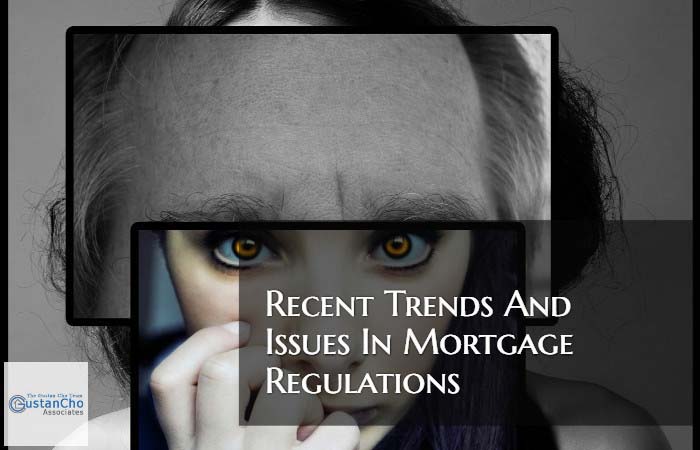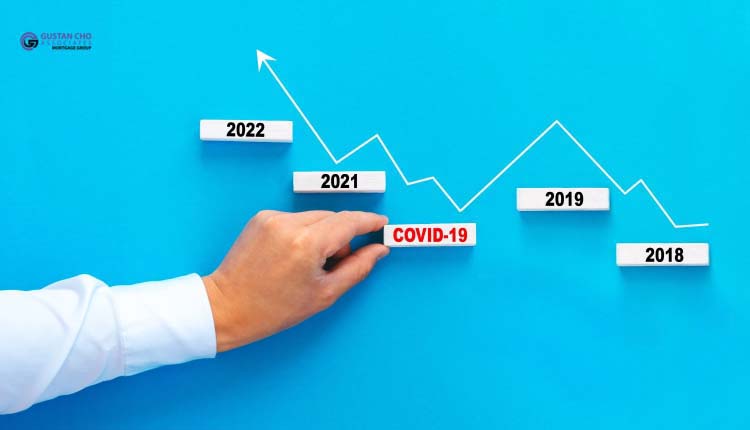Chicago Ranks as Highest Taxed City in 2024 – Here’s What It Means for You
In 2024, Chicago ranks as the highest taxed city in the United States. You’re probably asking, “Why are taxes so high, and how does that affect me as a homeowner?”
The city borders beautiful Lake Michigan. Chicago also attracts millions of national and international visitors. However, recent data shows Chicago ranks as highest taxed city in the nation.
Are you thinking about buying a home or refinancing in Chicago? You’re not alone. Chicago offers a lot with its beauty, but if you’ve been informed about the high taxes, you may be concerned about how it will affect your plans. We get it—high taxes can make you think twice about where to live or invest. That’s why we’re here to break it all down.
Make sure you continue reading as we will discuss all the information you require to make well-informed choices when purchasing or refinancing a home in Chicago.
What Makes Chicago the Highest Taxed City in 2024?
Chicago has always been known for its stunning skyline, amazing food, and world-class universities. It’s a place where millions of people want to live, work, and visit. But behind the beauty lies a financial problem—Chicago’s tax rates are among the highest in the nation.
Recent data shows that Chicago consistently ranks as the highest taxed city in the U.S. due to a combination of property taxes, sales taxes, and state income taxes. And guess what? These taxes aren’t just a burden on everyday residents—they’re a real concern for homebuyers and those looking to refinance their current home loans.
Concerned About Chicago’s High Taxes? Let’s Explore Mortgage Solutions That Work for You!
Contact us today to discuss mortgage options that fit your budget and help you navigate Chicago’s tax landscape.
Why Are Taxes So High in Chicago?
Several reasons contribute to this:
- Pension Debt: Chicago has a massive pension crisis. The city struggles to meet its obligations to retired public employees, like police officers and firefighters. This results in higher taxes for everyone.
- City Budget Shortfalls: Year after year, Chicago faces budget deficits. The city has to raise taxes to cover basic services like education, transportation, and public safety.
- Political Mismanagement: Chicago’s leadership has been criticized for fiscal mismanagement over the years. Misallocated funds and a lack of financial planning have led to ever-rising taxes.
How Chicago’s Taxes Impact Homeowners
As a potential homebuyer or someone considering refinancing, you’re likely wondering how Chicago’s high taxes affect you. Here’s the short answer: higher taxes directly impact your cost of living and mortgage payments.
For instance:
- Property taxes in Chicago are higher than the national average. When you purchase a house in an urban area, your monthly mortgage payment will encompass property taxes. So, be prepared to allocate additional funds each month.
- Sales taxes are also among the highest in the country, so everything from groceries to home improvement supplies will cost more.
But don’t let high taxes scare you away. We’ll show you how to navigate the market to get the best mortgage rates and make your home-buying process smoother.
Real Estate in Chicago: How Taxes Affect Home Prices
Despite Chicago’s high taxes, the housing market here is still competitive. Homes in desirable neighborhoods like Lakeview, Lincoln Park, and West Loop continue to attract buyers. The high property tax rates may limit how much house you can afford, especially if you’re a first-time homebuyer.
If you’re considering buying, remember that property taxes in Chicago directly impact your monthly payment. The more expensive the property, the higher your taxes will be. For example, if you’re buying a home for $400,000, the property tax alone could add hundreds of dollars to your monthly payment.
Tip for Homebuyers:
One way to reduce your tax burden is to buy in a neighborhood with lower property tax rates. Some areas just outside the city, like Cook County suburbs, have more affordable tax rates while providing easy access to downtown Chicago.
Thinking of Refinancing? Here’s What to Know About Chicago’s Taxes
If you already own a home in Chicago and are considering refinancing, understanding how property taxes affect your refinance loan is crucial. Refinancing is a great way to lower your interest rate or take cash out for home improvements, but high property taxes could reduce the savings you might expect.
When you refinance, your lender will take property taxes into account. If your property taxes have increased since you bought your home, your new mortgage payment could increase even if you lock in a lower interest rate.
Example:
Let’s say you’re refinancing a $300,000 loan at a 4% interest rate. The additional tax burden could significantly eat into your potential savings if your property taxes have increased by 20% since your last mortgage.
But don’t worry—there are ways to make refinancing work in your favor. We can help you find refinancing options that keep your monthly payments manageable despite Chicago’s high tax rates.
Are People Moving Out of Chicago Due to High Taxes?
It’s no secret—Chicago’s high taxes are driving people away. In fact, Chicago has one of the highest out-migration rates in the country. More and more residents are leaving the city for lower-tax areas in nearby states like Indiana and Wisconsin.
For instance, Midland Metals Products, a Chicago-based company, recently moved its operations to neighboring Indiana, citing lower taxes and operational expenses. This relocation resulted in the loss of 150 jobs in Chicago.
But before making any decisions, ask yourself: Is Chicago’s lifestyle worth the taxes? For many people, the answer is still yes. With world-class dining, arts, and cultural institutions, Chicago remains a top destination for homebuyers. You just need to be smart about where and what you buy.
2024 Tax Breakdown for Chicago Homeowners
Here’s a look at what Chicago homeowners can expect in 2024:
- City Sales Tax: 10.25% (one of the highest in the nation)
- Property Taxes: Around 2.2% of a home’s assessed value (varies by neighborhood)
- State Income Tax: Illinois has a flat rate of 4.95%, but Chicago residents may face additional local taxes.
Looking at these big numbers can feel scary, but don’t worry too much. It’s really about picking a home loan that suits your wallet. You’ve got to think about all these extra costs, but the trick is to team up with a bank or loan officer who knows the ropes of buying a house in Chicago. And keep in mind, Chicago ranks as highest taxed city, so we need to plan carefully around that.
High Taxes in Chicago Got You Down? Let’s Find a Mortgage That Works for You!
Contact us now to learn how we can help you secure a mortgage that fits your financial situation.
How to Make Smart Homebuying Decisions in Chicago Despite High Taxes
Don’t let Chicago’s high taxes discourage you from buying a home here. There are still plenty of great opportunities, especially if you plan strategically. Here are some tips to help you navigate the housing market:
- Work with a Local Expert: Partnering with a real estate agent or loan officer who knows the ins and outs of Chicago’s tax system can save you money in the long run.
- Look for Tax Incentives: Did you know some areas in Chicago offer property tax discounts or incentives for first-time homebuyers? Ask your lender about these options.
- Plan Your Budget Wisely: Make sure you factor in taxes when calculating your monthly payment. If you’re unsure how to do this, your loan officer can help break it down for you.
- Consider Refinancing if You’re Already a Homeowner: Interest rates are still competitive in 2024, and refinancing could help you lower your payments—even with high property taxes.
- Shop Around for Lenders: Different lenders offer different mortgage products. Find one that’s right for you by comparing interest rates, terms, and fees.
Ready to Buy or Refinance? Here’s How We Can Help
At Gustan Cho Associates, we specialize in helping buyers and homeowners navigate the complexities of high-tax areas like Chicago. Whether you’re looking to purchase your first home or refinance to lower your monthly payment, we have the expertise to guide you through the process.
Here’s What We Offer:
- Pre-approval for Home Loans: Ready to buy? Get pre-approved quickly to make a competitive offer on your dream home.
- Refinancing Options: We’ll help you lock in the best rates and ensure your refinancing saves you money, even with high property taxes.
- Expert Advice: We know Chicago’s housing market and tax system inside and out. Our loan officers will provide personalized advice to help you make the best decisions.
Get Pre-Approved for a Mortgage Today
Don’t let Chicago’s taxes hold you back from owning the home you’ve always wanted. Get pre-approved for a mortgage with us today and start the process of buying or refinancing in the nation’s highest-taxed city. With the right loan strategy, you can still make Chicago work for you. Call or text us at 800-900-8569 or email us at alex@gustancho.com.
Frequently Asked Questions About Why Chicago Ranks as Highest Taxed City:
1. Why Does Chicago Rank as the Highest Taxed City in 2024?
A: Chicago ranks as the highest taxed city due to a combination of high property taxes, sales taxes, and state income taxes. The city also struggles with pension debt and budget deficits, contributing to higher residents’ taxes.
2. How do Chicago’s High Taxes Affect My Home-Buying Decision?
A: When buying a home in Chicago, the high property taxes will increase your monthly mortgage payments. It’s important to factor this in when budgeting for your new home.
3. Are Taxes in Chicago Expected to go Down Anytime Soon?
A: Unfortunately, with ongoing pension obligations and budget issues, Chicago’s taxes are not expected to decrease in the near future. In fact, recent trends show they may continue to rise.
4. Why are so Many People Moving Out of Chicago?
A: Many residents are leaving Chicago because of the high tax burden. Chicago ranks as the highest taxed city, and the cost of living is becoming too much for some, leading them to move to lower-tax states like Indiana or Wisconsin.
5. What Taxes Should I Expect to Pay if I Buy a House in Chicago?
A: Chicago homeowners face multiple taxes, including a city sales tax of 10.25%, property taxes of about 2.2%, and Illinois state income tax of 4.95%. These combined make Chicago rank as the highest taxed city in the nation.
6. Can I Save Money on Taxes by Buying a Home Outside of Chicago?
A: Moving to the suburbs or outside of Chicago could help reduce your tax burden. Surrounding areas, like some parts of Cook County, have lower property taxes while still offering access to the city.
7. How do Chicago’s Taxes Compare to Other Major Cities?
A: Chicago ranks as the highest taxed city in the U.S. when combining property, sales, and state taxes. Other cities may have high taxes in one category, but Chicago leads when all types of taxes are combined.
8. Will Refinancing My Home in Chicago Save me Money Despite High Taxes?
A: Refinancing can still help you lower your interest rate and save money, even if property taxes increase. Working with a lender who understands Chicago’s tax system and can help you find the best option is important.
9. What Can I do to Manage High Property Taxes in Chicago?
A: You can look for tax incentives or purchase a home with lower property tax rates in a neighborhood. Additionally, refinancing or seeking guidance from a tax expert can help manage the costs.
10. How Can I Get Pre-Approved for a Mortgage in Chicago?
A: If you’re ready to buy a home in Chicago, you can start by getting pre-approved for a mortgage with us. We can help you navigate the high taxes and find a mortgage that fits your financial situation. Chicago ranks as the highest taxed city, but you can still make it work with the right strategy.
This blog about “Chicago Ranks as Highest Taxed City in the Nation” was updated on September 25th, 2024.
Worried About Chicago’s High Taxes? We Have Mortgage Solutions to Help You!
Reach out today to discuss mortgage options that accommodate Chicago’s tax rates.


